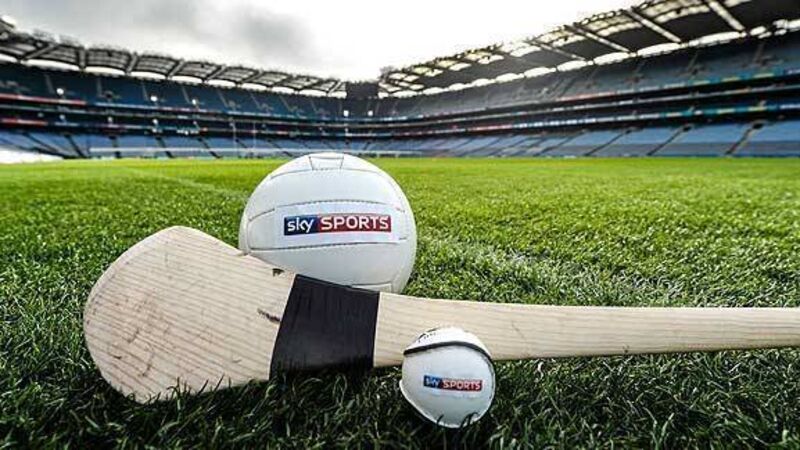GAA’s money-driven Sky Sports ambitions would alienate members

Indeed, particular exception was taken to even the suggestion ‘that the GAA went to Sky for the money’. A Dáil Committee was told by the GAA hierarchy this was ‘cynical’ and that ‘cynicism has always been the easy refuge of those who are afraid to engage in analysis and reasonable debate.’
It is worth recalling that — instead of money — the deal with Sky was presented as being rooted in two basic ambitions: Providing coverage of matches to Irish emigrants and raising awareness of the game internationally.












